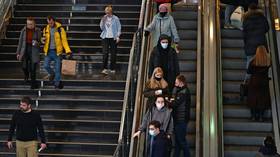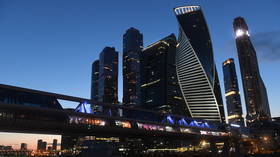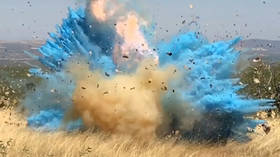Rising prices & low salaries: Despite signs of economic recovery from Covid-19 crisis, Russians say money is main cause of stress

With the coronavirus pandemic on the wane, Russians are less stressed than they were last year, a new poll has found, but money matters appear to have become a bigger concern, with respondents bemoaning inflation and low salaries.
The study, conducted by research firm Romir, surveyed more than 3,500 people, and looked at the consumption patterns of around 15,000 households in 220 cities across the country. It concluded that there had been a significant drop in stress since 2020, when the virus first hit. Around 55% of respondents said they were feeling worried, down from 79% having felt that way last year.
Five of the 10 most common causes for concern related to finances, with rising prices and inflation affecting 62% of those feeling stressed-out. Low wages were the second most common concern, with 56% of respondents saying they worried about their pay packet. However, only 30% expressed concern about the economy in general.
In April, Russia’s Ministry of Economic Development revealed that the country had returned to growth for the first time since the start of the pandemic. According to state statistical agency Rosstat, official overall GDP decreased by 3% throughout 2020. However, due to the size of Russia's informal economy, a common issue across the former USSR, GDP is an unreliable yardstick of the country's real financial situation.
A continued recovery in manufacturing, chemicals, and heavy industry are said to be driving the positive data. The number of recorded cases of Covid-19 has fallen and plateaued since a peak in December last year, with most businesses and places of work reopening.
However, Rosstat noted that prices rose for consumers in May, with households paying out more for essentials such as baby food, milk, cheese, and many types of meat in regions across the country.
If you like this story, share it with a friend!















